This is our hope in a world brimming with suffering and turmoil. It is this hope, however faint at times, that God is here with us, our Immanuel. Christ came as Creator to redeem all of creation.
"For the creation waits in eager expectation for the children of God to be revealed. For the creation was subjected to frustration, not by its own choice, but by the will of the one who subjected it, in hope that the creation itself will be liberated from its bondage to decay and brought into the freedom and glory of the children of God."
"We know that the whole creation has been groaning as in the pains of childbirth right up to the present time. Not only so, but we ourselves, who have the firstfruits of the Spirit, groan inwardly as we wait eagerly for our adoption to sonship, the redemption of our bodies."[Romans 8:19-23]
We consider the glory and the scandal of a God who entered into the bodily experience of humanity and the grit and dirt of earth suffering under the tyranny of evil — in order to recreate it!
There is much we can learn as we humbly realize our place in creation not as gods but as creatures and stewards of God's glory, healing, and beauty on the earth.
"Creation is God’s gift to us as a first teacher and she is a teacher for life. Although God may be an abstraction to us, in spite of all our efforts to make God concrete through theology, story, ceremony, and song, creation is the one solid, concretized demonstration where God exists. God embodies the wonders of sunrise to sunset each day. God shows God’s self in the rainbow, the song of the loon, and the dance of the Sage Grouse. God’s presence is there in the birth of every living creature and again in its death. And God is revealed throughout the life of every single cell and every complex system on earth and beyond."
"Each of us, along with all living creatures, encounters creation before we can read or understand ideas about religion. Shared by all, that primordial sense of coming to grips with our earthly context is humanity’s deepest spirituality. The earth is our first, most consistent, and most continuous teacher." - Randy Woodley, Mission and the Cultural Other: A Closer Look.
This Advent, we long to reclaim an earthy and embodied spirituality that takes the incarnation of Christ seriously. Jesus came in flesh and blood, in vulnerability, humility, and weakness. Jesus entered into a particular culture, place, and time — born to a poor family in a backwoods town in an occupied land.
Our Immanuel, is still here, God with us, in bodies and in dirt.
by Jessica Ketola
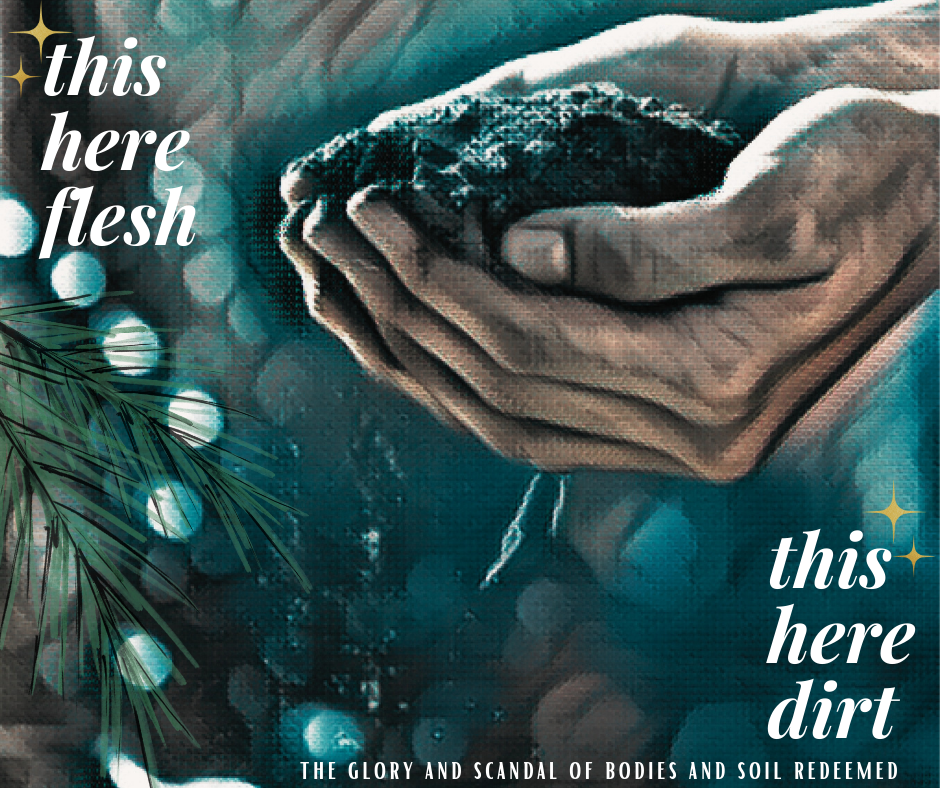

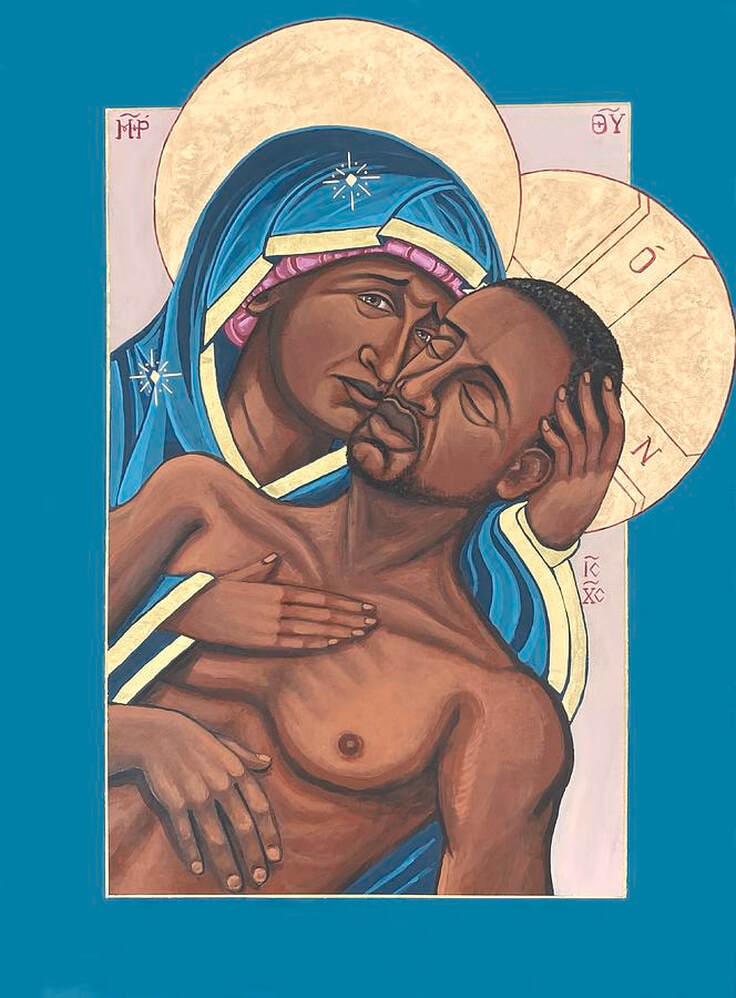
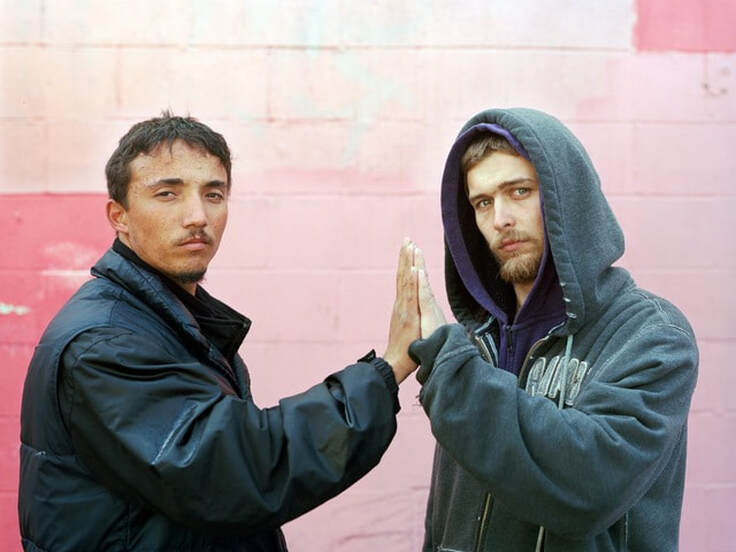
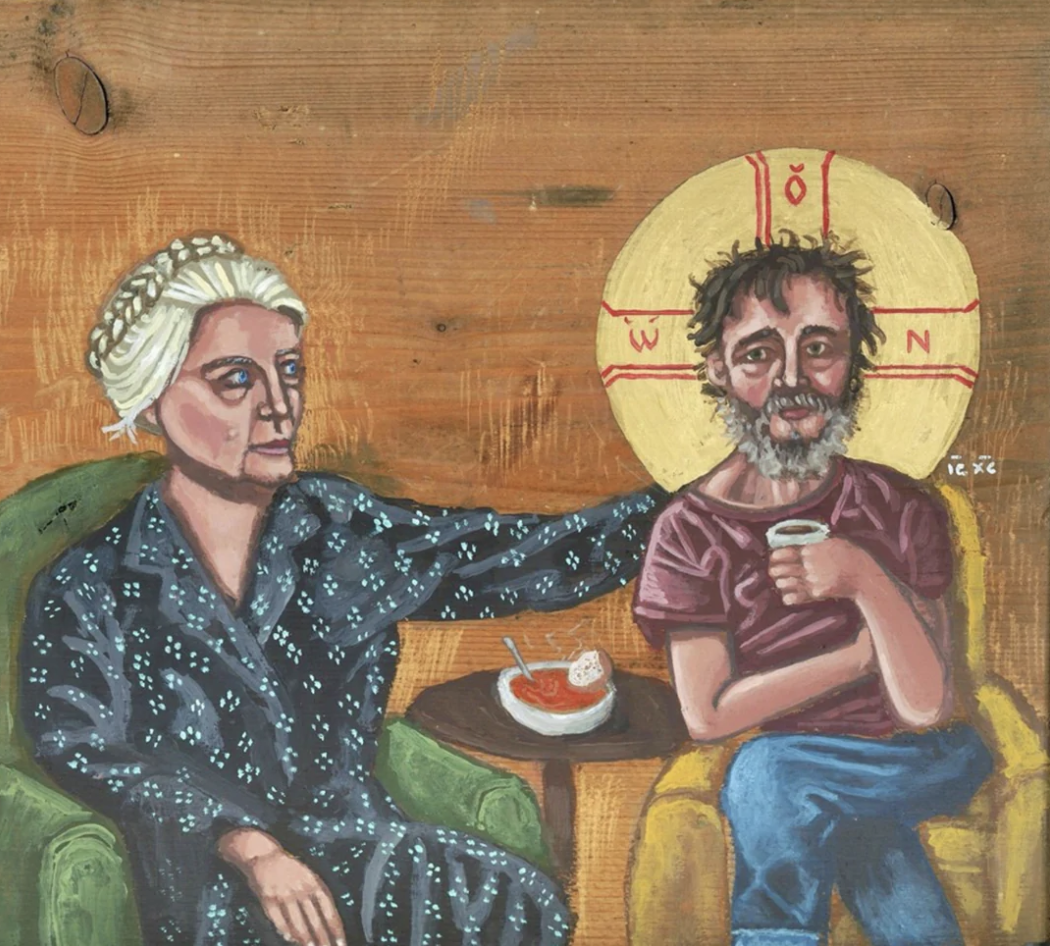

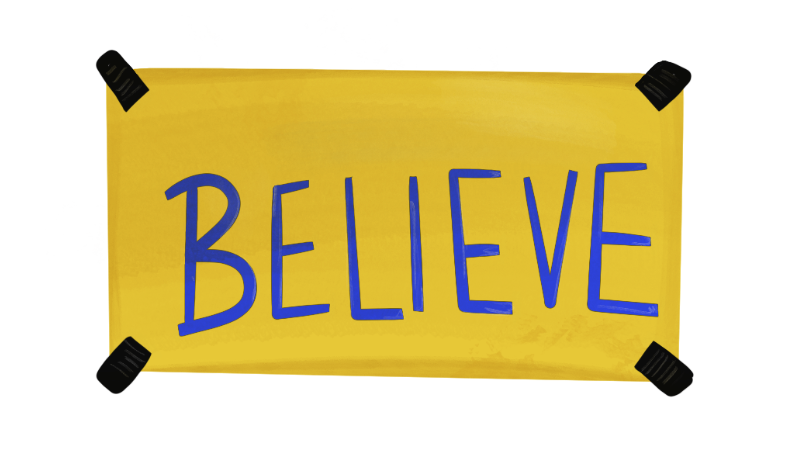
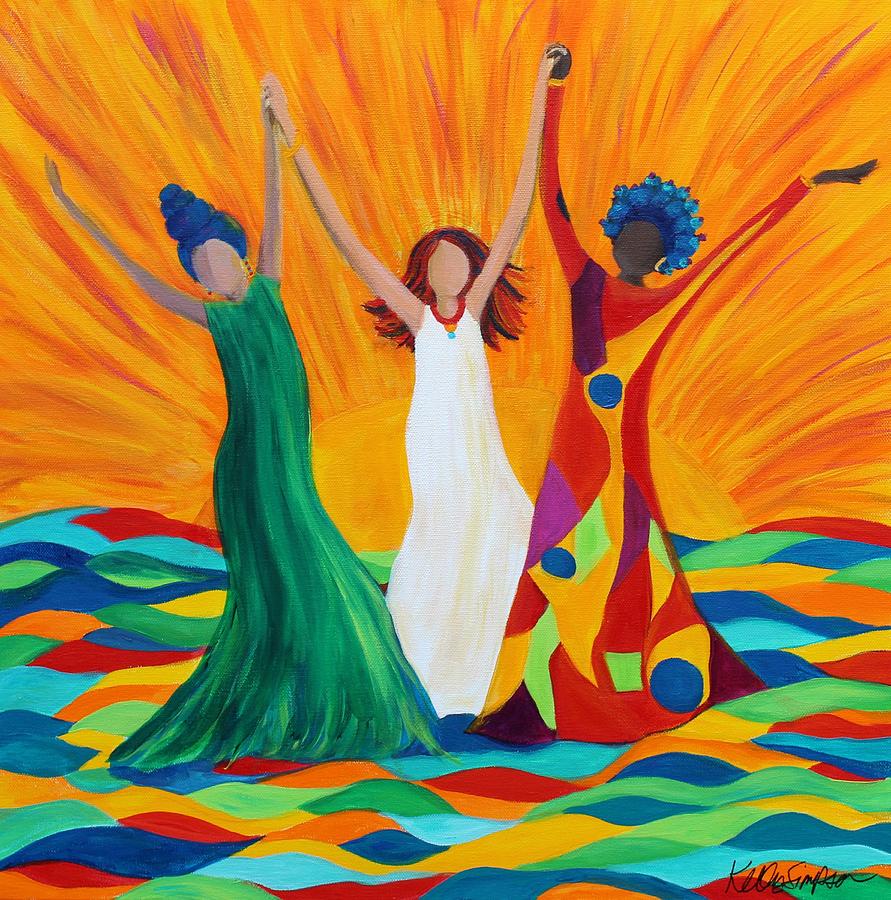
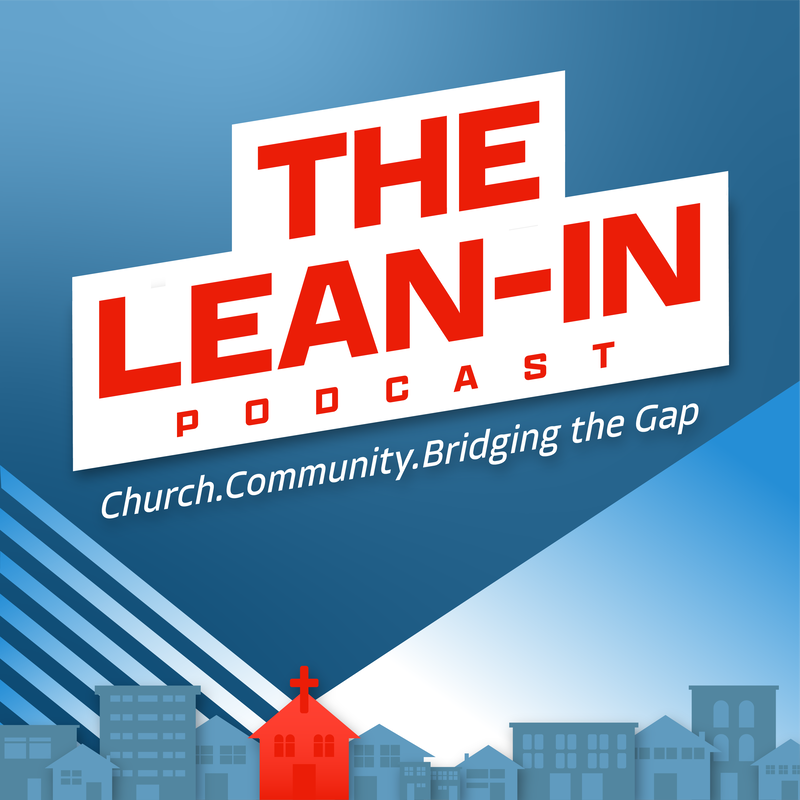
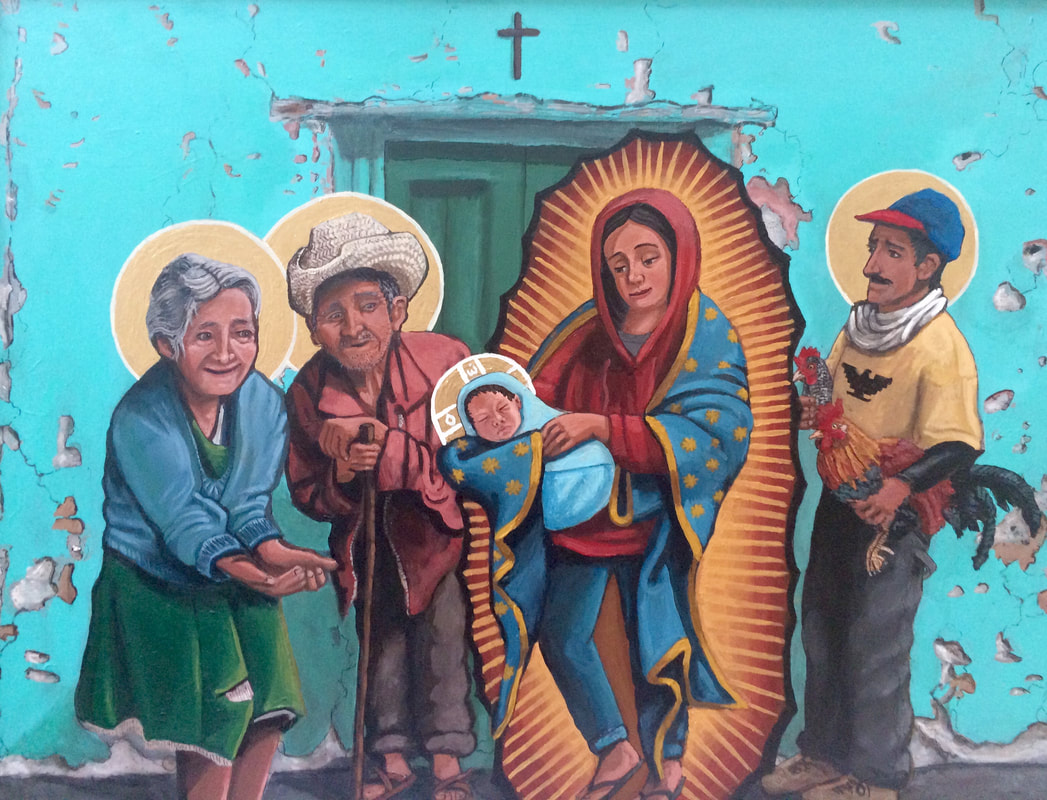
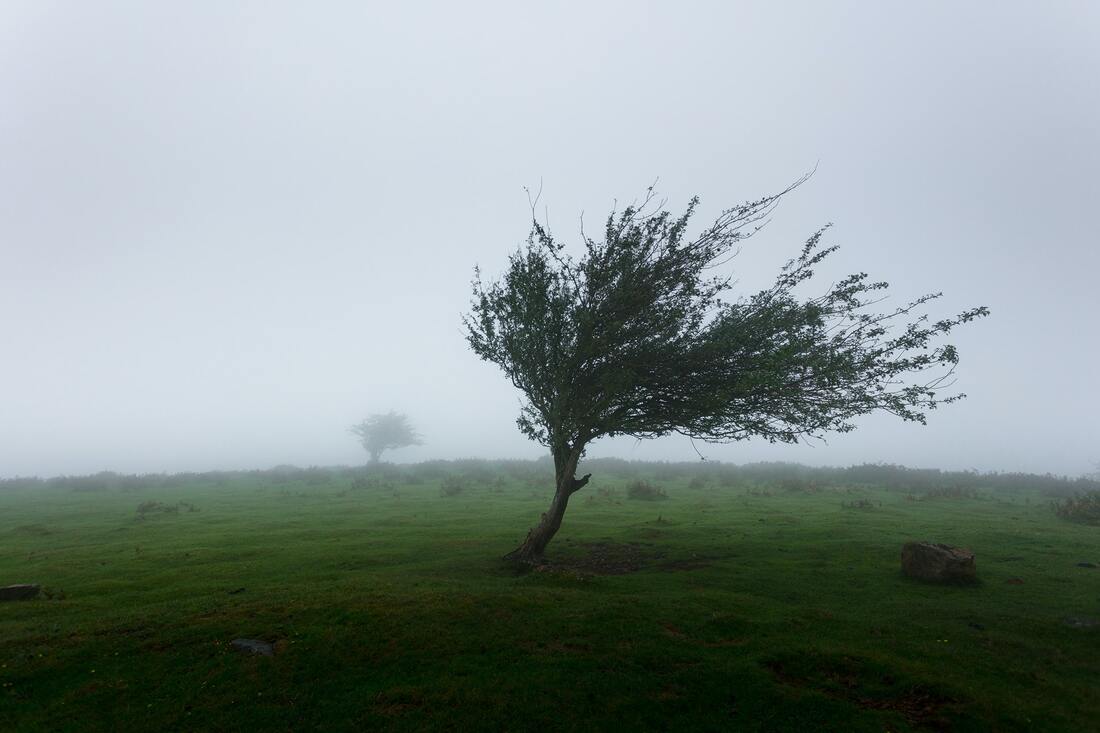
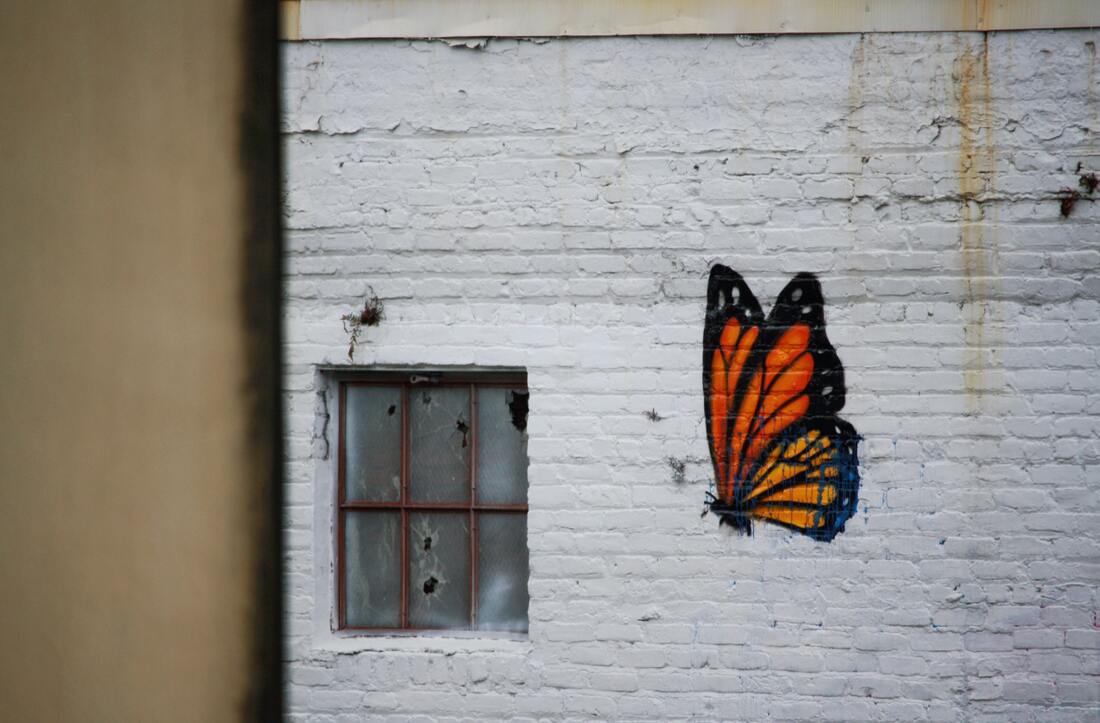
 RSS Feed
RSS Feed
